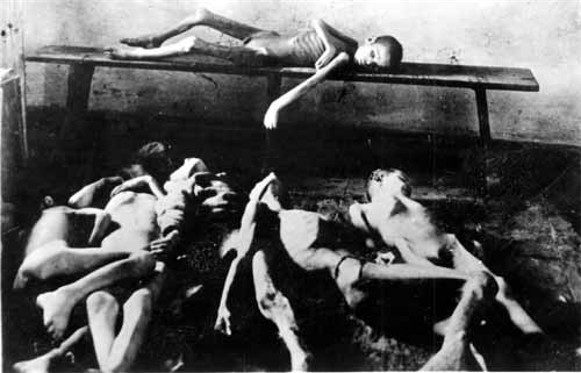
Children reportedly detained by the Nigerian military in recent years have recounted how the security agencies kept them in horrible condition.
In a recent report released by Human Rights Watch (HRW), the children spoke of how they were maltreated and some of their peers lost their lives.
The report, a copy of which was obtained by TheDispatch, detailed how about 3,600 of the children were reportedly held in military facilities in the north-east where the Boko Haram war is being fought.
Most of them are said to be held in Maiduguri, Borno state capital, for suspected involvement with Boko Haram insurgents, although the military denied the claim.
Some of the children, now released, narrated how they watched their peers die in custody.
Abdulrahman, 16, reportedly spent six months in the adult cell before he was transferred to the children’s cell “for two more years.”
“I saw people die in both cells. In the adult cell many people died, I can’t say the number. In the children’s cell I saw about 10 deaths,” he said.
“It was during the hot season, they were in distress. They carried them to the hospital but they died. Some died in the cell and soldiers came to carry their corpse.”
Saeed, aged 17, said he was detained in Banki, Borno, and maltreated during interrogation, and that “some people had their hands broken and suffered severe injuries from the beatings.”
“They asked me if I was a member of Boko Haram and beat me up when I said no. They tied my hands and legs and hung me to a tree and continued to flog me. They flogged me and left me tied to the tree from morning till evening,” he added.
“Members of the CJTF did the beating but the soldiers were there. They were working together. They shot some people and even beat others to death with sticks during interrogation. One person from my village was killed during the interrogation.”
The teenager also said there were no toilets in their cells, adding: “We had buckets in the cells. One for feces and one for urine. People had to use them in full view of others, and it smelled badly.
“They were emptied once every day. We suffered this for three or four months until the Red Cross intervened by building a toilet inside the room and then put a wall to separate the toilet for some privacy.”
The children interviewed further narrated tales of “severe overcrowding” in their cells.
“We were so close you couldn’t put one finger between one person and the next,” a 15 year-old child whose name was not given said.
